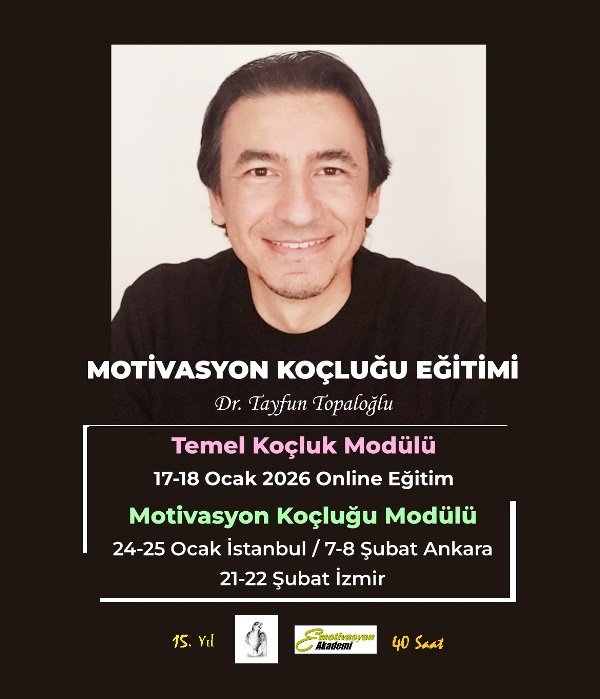You Must Be Ruthless with Your Work
Yaptığınız işe karşı acımasız olmalısınız. Çünkü başarılı olmak istiyorsanız, kimse size karşı merhametli davranmayacaktır. Samuel Butler der ki: İşini değerlendirirken ona sanki düşmanın tarafından yapılmış gözüyle bak. Eğer ona hayran olmak için bakarsan kaybolmuşsun demektir. Bu anlamlı söz, öz eleştiri yapmanın ve nesnel olabilmenin önemini vurgulayan derin bir anlayışı ortaya koyar.
Approaching our work with a ruthless eye is not easy. Only we can truly understand the value of the sweat and effort behind it. Human nature tends to develop an emotional attachment to something we’ve put a lot of effort into, making it difficult to see our own mistakes or shortcomings. Therefore, as Butler suggests, we need to evaluate our work as if we were our own enemy. An enemy’s perspective is, of course, harsher and more critical. Being able to do this allows us to recognize our flaws, improve ourselves, and open the door to success.
The Importance of Critical Evaluation
Admiring your own work can become a trap that eventually halts your growth. If you do not look at your work with a critical eye, you might ignore your mistakes, which can hinder your progress. To avoid this, it’s crucial to learn how to view your work objectively and critically. The first step is to distance yourself from the work for a while and then return to it with a critical mindset. Depending on the scope of the work, this could mean taking a few hours or even a few days away. Ask yourself this guiding question: "What aspects of this work (or project) can be improved?" Write down your answers and set new goals focused on improvement.
At this point, it’s also important to focus on the process rather than just the outcome. If we only concentrate on the results, we might overlook the mistakes or areas for improvement within the process. Therefore, it’s essential to critically examine not just the results but the process itself.
Dealing with Admiration, Pride, and Ego
One of the biggest obstacles to success is reaching a certain point and thinking, "I’ve made it." This is a clear sign of becoming a slave to your ego and pride. However, there will always be others who can do what we do, and sometimes better. People who believe they are good enough often stop working and become destined to be overtaken by their competitors. . .
Looking at your own work with the eyes of an enemy is an effective metaphor that suggests individuals should approach their work with a critical eye. Practically, this means taking a step back and evaluating the work as an outside observer. This approach helps us see the weak points and areas that need improvement.
Cultivating the Habit of Self-Criticism for Continuous Improvement
The enemy’s perspective highlights the importance of self-criticism for continuous growth. As a society, we have a low tolerance for criticism because, in our culture, criticism is often used as a weapon to belittle and demean others. Therefore, it’s crucial to develop the skill of delivering criticism in a constructive and motivating way without being hurtful.
Self-criticism is an indispensable tool for individual and collective success. Maintaining an objective attitude toward our work is essential not only for individuals but also for teams and organizations. Organizations that can evaluate themselves critically and respond constructively to external criticism will renew themselves and move forward into the future. Of course, it may also be necessary to adopt a strong stance to deal with unfair and biased criticisms.
In conclusion, the ability to practice self-criticism is of great importance on the path to personal and professional development. Approaching our work with a critical eye is not only necessary for recognizing our mistakes but also for learning from those mistakes and doing better. True success lies in being honest with ourselves and continuously striving for improvement. Embracing self-criticism as a guide will serve as a compass, steering us away from mediocrity and toward excellence.







